As a BetterHelp affiliate, we receive compensation from BetterHelp if you purchase products or services through the links provided
Porn addiction is an increasingly common issue that many individuals face, with implications that can affect every aspect of their life. Recognizing its hold on you is a critical first step in breaking free from its grip. Understanding the nature of this addiction is critical, as it operates similarly to other addictions by rewiring the brain’s reward pathways and affecting one’s behavior and relationships.
Addressing porn addiction requires a multifaceted approach. It’s not just about cutting off access; it’s about rewiring your habits and finding healthier ways to cope with stress and emotional discomfort. Seeking professional help can guide you in the right direction, providing strategies and support to combat the urges and triggers associated with this addiction. Simultaneously, lifestyle changes can reinforce your efforts, leading to a more sustainable recovery. Building a support system of people who understand what you’re going through can also make a significant difference, offering accountability and encouragement when needed.
Confronting the shame and stigma around porn addiction is essential for recovery. Responsible internet use, learning to manage potential relapses, and continually moving forward are all parts of the journey. Remember, recovery is not linear, and questions will arise—remain patient and persistent in your pursuit of overcoming addiction.
Key Takeaways
- Acknowledging the problem and understanding the addiction are crucial first steps.
- Seeking help and making lifestyle changes are essential to breaking free from addiction.
- Building a support system and learning relapse prevention are key to sustainable recovery.
Understanding Porn Addiction
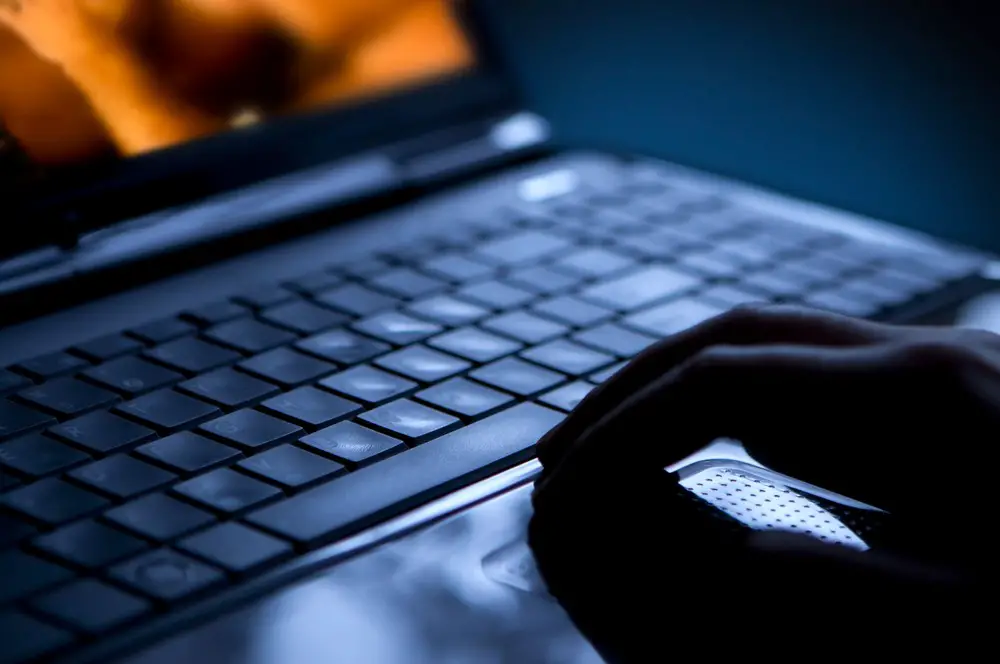 Understanding porn addiction is crucial to addressing it effectively. Here, we’ll explore what it is, how to recognize its signs, and what might cause it.
Understanding porn addiction is crucial to addressing it effectively. Here, we’ll explore what it is, how to recognize its signs, and what might cause it.
Defining Pornography Addiction
Pornography addiction is not an official diagnosis in most medical classifications, but research often regards it as a behavioral compulsion akin to addiction. Essentially, it’s when consuming pornography goes from being an occasional activity to an overriding compulsion. Here’s how to recognize it:
- Compulsion: You feel an intense, often irresistible urge to view pornography.
- Continuation despite consequences: You keep watching pornography even when it has adverse effects on your life.
Recognizing the Signs
It’s important to be aware of the signs that may indicate the presence of a pornography compulsion. Some common signs include:
- Excessive Use: Spending an inordinate amount of time viewing porn.
- Secrecy: Going to great lengths to hide your porn use from others.
- Neglect: Ignoring responsibilities, relationships, or self-care.
Key Takeaway: If these signs resonate with you, it may be time to consider seeking help or looking into coping strategies.
Potential Causes and Triggers
The factors leading to pornography addiction can vary, but here are some potential causes and triggers:
- Emotional Distress: Using pornography as an escape from sadness, stress, or loneliness.
- Routine: Viewing porn becomes a habit that’s hard to break.
Triggers are specific situations or feelings that can lead to viewing pornography:
- Boredom or Isolation: Having too much alone time without engaging in activities.
- Unresolved Conflict: Turning to pornography after a fight or stressful situation.
Key Takeaway: Identifying your triggers is a step toward managing your compulsion and seeking healthier coping mechanisms.
The Impact on Mental Health
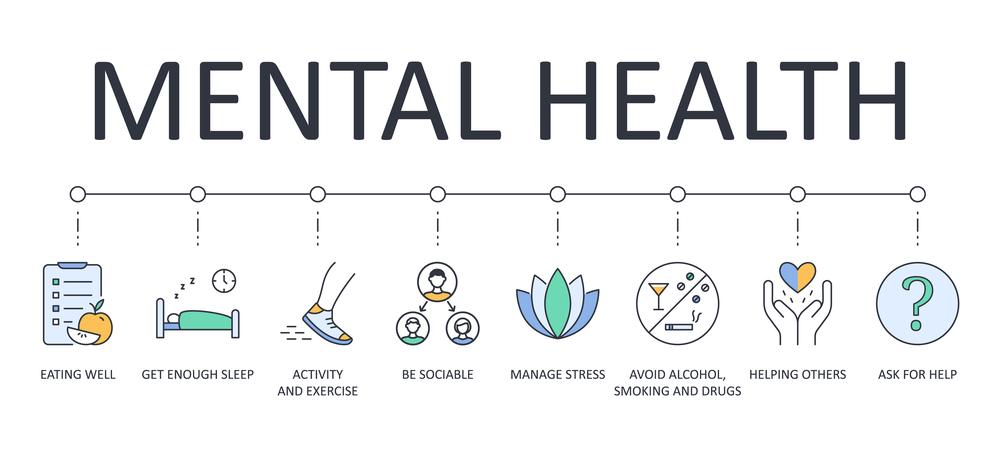 Understanding the potential implications of porn addiction on mental health can empower you to seek appropriate support and interventions. Here’s how it can intertwine with your emotional well-being.
Understanding the potential implications of porn addiction on mental health can empower you to seek appropriate support and interventions. Here’s how it can intertwine with your emotional well-being.
Correlation with Anxiety and Depression
- Anxiety: You might find that heavy consumption of pornography can be linked to increased anxiety. For some, the use of porn becomes a way to escape or cope with existing anxious feelings. Still, it can act as a cycle where the relief is temporary and the anxiety returns, often amplified.
- Key Takeaway: If you’re feeling more anxious lately, it might be worth examining your porn consumption as a potential contributing factor.
- Depression: It’s not uncommon for those battling porn addiction to also experience symptoms of depression. While the causal relationship can vary from person to person, feelings of guilt, shame, or isolation after using pornography can exacerbate low mood and self-esteem issues.
- Professional Guidance: Don’t hesitate to contact a mental health professional if you recognize these feelings. They can offer strategies to tackle both depression and addiction.
Stress and Mental Well-Being
- Stress Levels: Engaging in excessive porn can be associated with heightened stress levels. This stress may stem from a conflict between your actions and your personal values or the perceived need to keep your habit hidden from others.
- Coping Mechanisms: Consider developing healthier stress-management techniques such as exercise, meditation, or talking to someone you trust about your stressors.
- Overall Mental Well-Being: Your mental well-being can take a hit if porn addiction starts to interfere with your daily life, relationships, and sense of self-worth. Addressing the addiction is crucial in restoring balance and health.
- Proactive Steps: Take proactive steps to prioritize your mental well-being, such as setting technological boundaries or engaging in activities that foster a sense of achievement and connection.
Remember, dealing with porn addiction is a process, and being patient with yourself as you work towards recovery is key.
Effects on Relationships
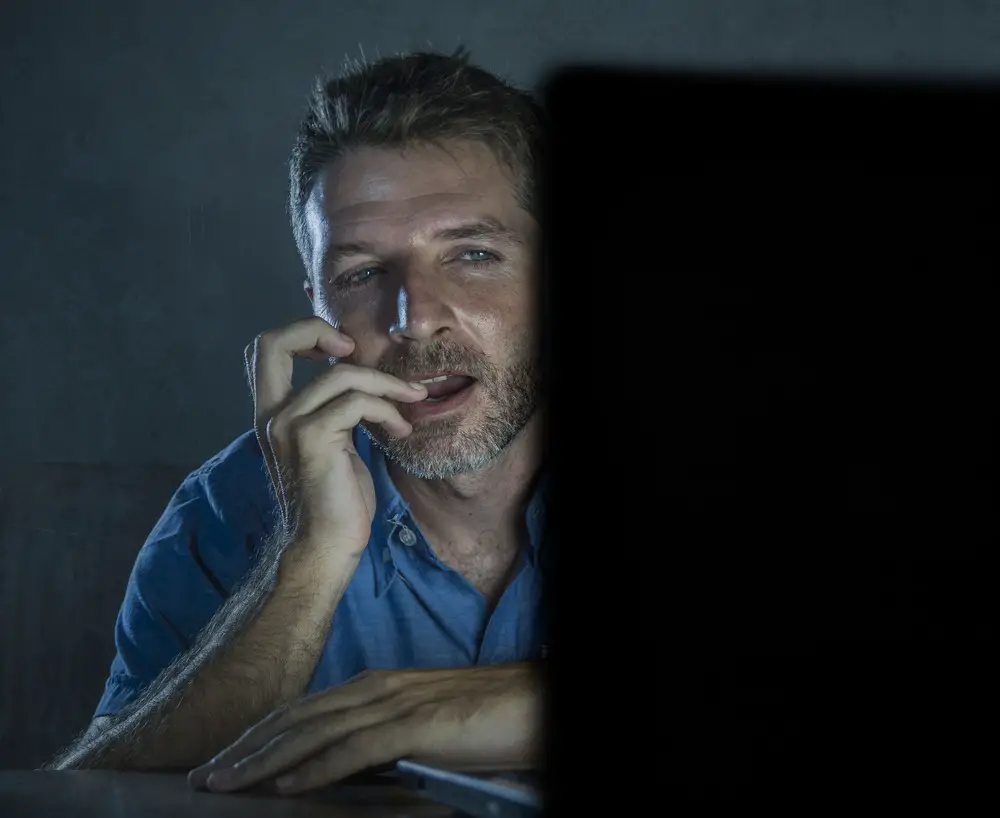 Porn addiction can profoundly affect one’s intimate and familial relationships, leading to trust issues and diminished emotional connection.
Porn addiction can profoundly affect one’s intimate and familial relationships, leading to trust issues and diminished emotional connection.
Romantic Partners
- Communication Breakdown: Your addiction may create a barrier to open communication, leading to misunderstandings and a lack of emotional intimacy.
- Trust Issues: If you have a habit of hiding your porn use, your partner might feel betrayed, shaking the very foundation of trust that relationships are built on.
- Sexual Satisfaction & Dysfunction: Porn can skew expectations of sexual encounters, possibly leaving you or your partner less satisfied. It’s not uncommon for pornography to result in sexual dysfunction, impacting the physical connection shared between you two.
Key takeaway: Be aware of how porn addiction can disrupt the essential qualities of trust and satisfaction in your romantic life.
Family Dynamics
- Emotional Distance: You might find yourself becoming more distant from family members as you prioritize pornography over family time and responsibilities.
- Secrecy and Isolation: Keeping your addiction secret can lead to feelings of isolation from family members, as you might withdraw into a private world that they are not a part of.
Key takeaway: Your addiction can lead to feelings of isolation and weaken the emotional bonds you share with your family.
1. Getting Professional Help
 Overcoming porn addiction often requires more than willpower; it’s essential to seek support from professionals who can address your specific needs.
Overcoming porn addiction often requires more than willpower; it’s essential to seek support from professionals who can address your specific needs.
Consulting with Mental Health Professionals
When you’re looking for professional help to manage a porn addiction, it’s vital to start with mental health professionals who specialize in addiction. They can provide a comprehensive assessment and tailor a treatment plan for you. Mental health professionals include:
- Psychiatrists: They’re medical doctors who can diagnose addiction and prescribe medication if needed. They can also provide therapy.
- Psychologists: Specializing in psychotherapy, they work with you to explore the root causes of your addiction. They do not prescribe medication.
- Licensed Professional Counselors: Trained in counseling, they can offer strategies for coping with addiction but cannot prescribe medication.
Key Takeaway: Reach out to specialized mental health professionals to receive a tailored plan for your recovery.
Exploring Therapy Options
A variety of therapy options can be effective in treating porn addiction. Here is a concise list of common approaches:
- Individual Therapy: One-on-one sessions focusing on personal triggers and behaviors to develop coping strategies.
- Group Therapy: Sharing experiences with others who understand the struggle, leading to support and accountability.
- Couples Therapy: If your addiction has affected a relationship, this type of therapy can help address those issues.
- Cognitive Behavioral Therapy (CBT): This therapy helps in recognizing patterns that lead to addictive behavior and altering those patterns.
Key Takeaway: Therapy can empower you with tools to change behaviors and restore healthy sexual function.
Medication and Treatment
In some cases, the use of medication in conjunction with therapy may be recommended:
- Antidepressants: These can help if your addiction is rooted in depression or anxiety.
- Anti-Obsessional Medications: Such medications can reduce the obsessive thoughts that often accompany addiction.
It’s crucial to discuss with your psychiatrist the benefits and potential side effects of these medications.
Key Takeaway: Medication may aid your recovery process but is most effective when combined with other therapeutic techniques.
2. Lifestyle Changes and Coping Mechanisms
Adopting new habits and coping strategies can have a powerful impact on your journey to overcome porn addiction. These daily routine shifts involve incorporating physical and mental exercises to build resilience and create new, healthier patterns.
Exercise and Physical Activity
Starting a regular exercise routine is a crucial step in combating porn addiction. Physical activity has been shown to release endorphins, which improve your mood and reduce the urge for compulsive behaviors.
- Types of Exercise:
- Cardio (running, cycling)
- Strength training (weights, resistance bands)
- Flexibility exercises (yoga, stretching)
Key Takeaway: Exercise can serve as a positive outlet, replacing the need for instant gratification with long-term wellness.
3. Mindfulness and Meditation
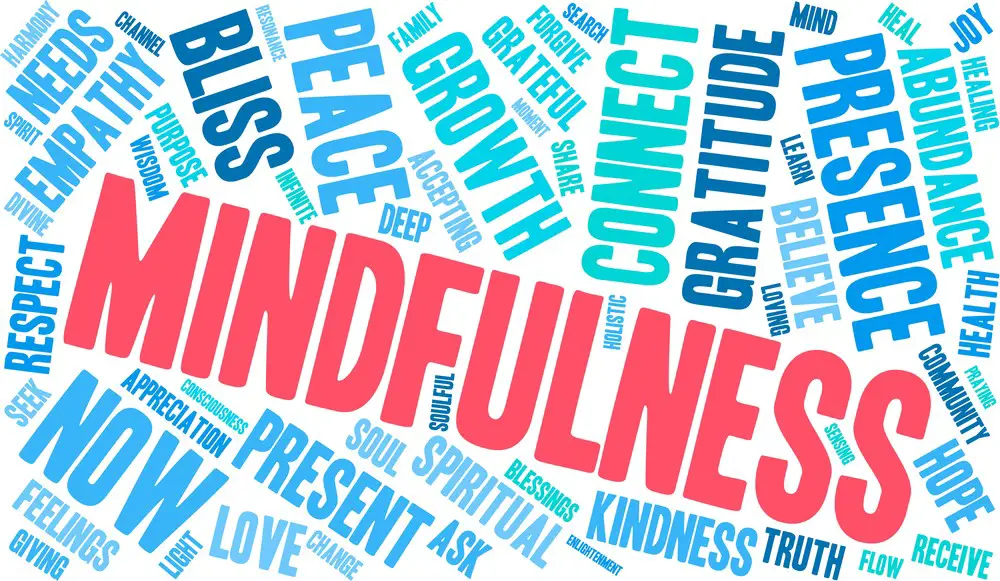
Mindfulness allows you to be present in the moment, which can help in understanding the triggers of your addiction. Meditation is a practice that can assist in calming your mind, reducing stress, and improving your focus, all of which are valuable when addressing addiction.
- Mindfulness Tips:
- Observe your surroundings
- Focus on your breathing
- Acknowledge your thoughts without judgment
- Meditation Techniques:
- Guided meditations
- Breathing exercises
- Body scans
Key Takeaway: Mindfulness and meditation can provide you with tools to navigate through urges by fostering self-awareness and emotional regulation.
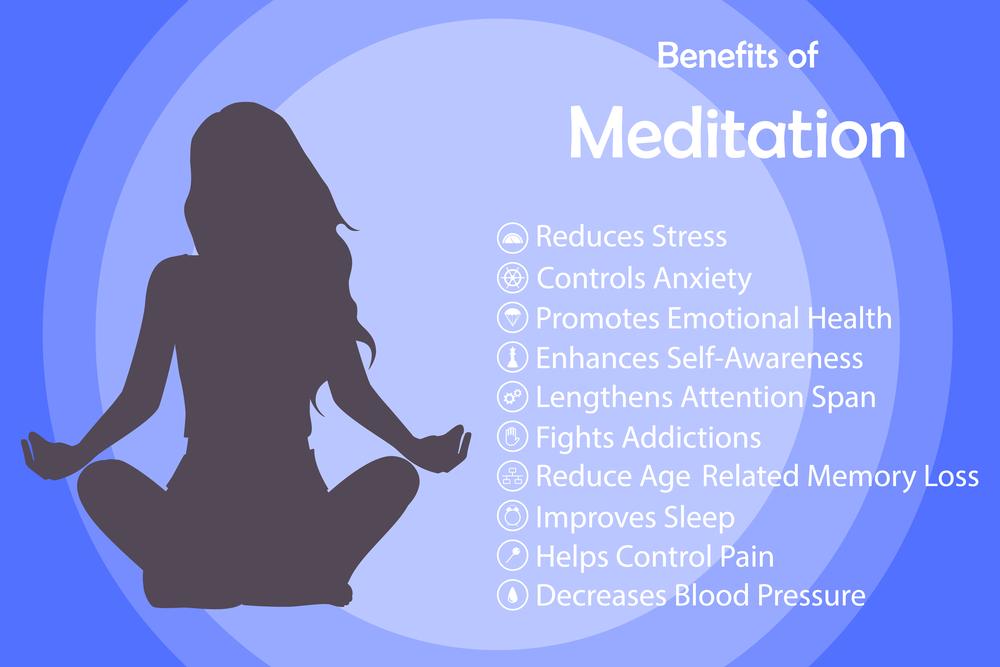
4. Building a Support System
When battling porn addiction, establishing a robust support system can significantly enhance your recovery journey. Surrounding yourself with people who understand your struggle and are invested in your success is crucial.
Family and Friends
- Connect Openly: Begin by reaching out to trusted family members or friends. Be honest about your addiction and express your need for support. Having someone who listens can make a massive difference in your recovery.
- Set Up Accountability: Ask a friend or family member to be your accountability partner. They can help you stay on track by checking in regularly and encouraging you to stick to your goals.
Key Takeaway: Don’t underestimate the power of a heartfelt conversation—you might find more understanding and support than expected.
Finding Support Groups
- Local Opportunities: Look for local support groups in your community where you can meet others facing similar challenges. A shared space for stories and strategies can be incredibly beneficial.
- Online Support: If local options are limited, seek out online communities and forums. These platforms offer accessibility and anonymity if needed.
- Join Regularly: Commit to attending meetings regularly, whether in-person or virtual, to maintain momentum in your recovery process.
Key Takeaway: Support groups provide a sense of community and belonging that can reinforce your determination to overcome addiction.
Confronting Shame and Stigma
Dealing with porn addiction often involves grappling with deep-seated feelings of shame and the stigma that can come with it. Understanding these emotions is a crucial step on your road to recovery.
- Acknowledging Your Feelings: It’s natural to experience shame, but recognizing it can empower you to seek support. When you admit these feelings to yourself, you can start dismantling them.
- Seek Professional Help: Mental health professionals are trained to help you work through shame without judgment. They provide a safe space for you to explore your feelings.
Combat stigma by educating yourself and others about addiction. It’s a human experience, not a personal failure.
- Educate Yourself: Knowledge is power. Learn about addiction’s roots in brain chemistry and behavior patterns.
- Open Dialogue: Talking openly and honestly with trusted peers can normalize the conversation around porn addiction.
Remember, you’re not alone; many have walked this path before you.
- Connect with Others: Support groups, either in-person or online, can prove invaluable. Hearing others’ experiences can reinforce that your addiction does not define you.
Remember, healing begins when you break the silence. Using strategies to confront shame and its associated stigma is a step towards regaining your sense of self-worth and control over your life.
5. Responsible Internet Use
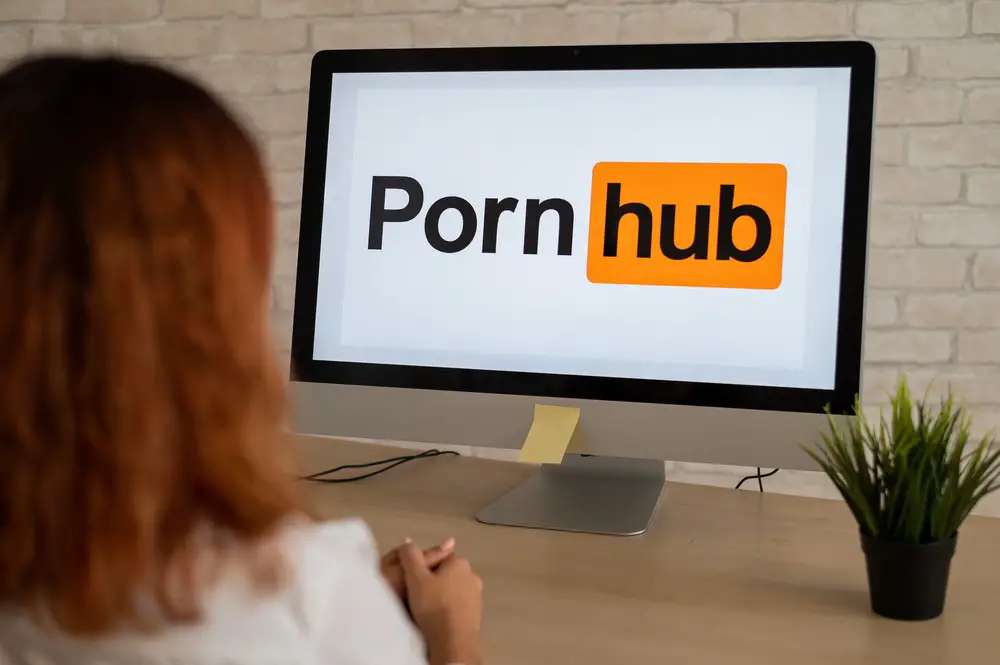 Navigating the internet responsibly can be your key to overcoming problematic pornography use. By setting boundaries and establishing a system of accountability, you can reduce temptation and aim for healthier habits.
Navigating the internet responsibly can be your key to overcoming problematic pornography use. By setting boundaries and establishing a system of accountability, you can reduce temptation and aim for healthier habits.
Limiting Access to Pornography
- Set Content Filters: Equip your devices with content filters to block pornography sites. Your internet router or individual devices can be configured to restrict access, helping you avoid accidental encounters with tempting content.
Device Type Filter Type Description Computer Browser Extensions Add-ons for browsers that block adult content. Mobile Parental Control Apps Apps that filter out adult websites. Router DNS Filter Settings Settings that prevent access to adult sites. - Reduce Screen Time: Limit the hours you spend online. More time offline means less exposure and reduced risk of viewing pornography.
Key Takeaway: Proactively blocking access to adult content across your devices reduces your exposure to temptation, helping you focus on positive online experiences.
Digital Accountability
- Find an Accountability Partner: Choose a trusted friend to keep you in check. Share your goals and progress with them, and be honest about your internet usage.
- Use Accountability Software: Install software that monitors your internet activity and sends reports to your accountability partner. This encourages responsible browsing, knowing someone else is aware of the websites you visit.
Software Purpose Benefit Accountable2You Activity Monitoring Sends reports to your partner. Covenant Eyes Screen Accountability Screenshots reviewed by an ally. Net Nanny Real-Time Alerts & Blocking Alerts your partner to risky behavior.
Key Takeaway: Having someone you trust to help monitor your online activities keeps you accountable and supports your commitment to changing your habits.
Relapse Prevention and Management
The journey of recovery from porn addiction can be challenging, but by identifying potential triggers and creating a solid recovery plan, you can manage and prevent relapses more effectively.
Identifying and Avoiding Triggers
Triggers are specific stimuli that can lead to a desire to engage in behavior related to pornography use. Here’s how you can identify and avoid these:
- Personal Triggers: Note what emotions, situations, or environments usually precede a relapse. Common emotional triggers include stress, loneliness, or boredom.
- Environmental Triggers: Certain places, people, or even times of day might make you more prone to watching pornography. Be mindful and make changes to your routine if necessary.
Key Takeaway: Recognizing what prompts your urges is a critical first step; steer clear of these triggers to maintain your recovery path.
Having a Plan for Recovery
It’s essential to have a clear plan for your journey to recovery. Here’s what a strong recovery strategy typically includes:
- Immediate Actions: Have a list of immediate actions to take when you feel an urge, like calling a friend, walking, or practicing deep breathing.
- Long-Term Strategies: Develop a self-care routine with healthy habits like exercise, a nutritious diet, and enough sleep.
- Support System: Build a network of support, which can include friends, family, therapists, or support groups.
Key Takeaway: A well-thought-out plan helps you confidently navigate challenging times. Stick to it, and you’ll increase the chances of a successful recovery.
Moving Forward Beyond Addiction
Breaking free from a porn addiction takes time and patience, but your commitment to change is a decisive first step. You’re striving for a healthier, more controlled relationship with your sexuality, and here’s how you can start:
- Recognize the Pattern: Identify what triggers your urge to watch porn. Does stress, boredom, or loneliness push you towards it? Being aware helps in breaking the pattern.
- Mindful Substitution: Instead of turning to porn, engage in positive activities. Start a new hobby, exercise, or read a book. With time, these healthier options can replace old habits.
- Address Underlying Issues: Often, an addiction masks deeper problems. Seeking therapy or joining a support group might unearth and help resolve these underlying concerns.
In battling behavioral addictions like porn addiction, you might feel as if you’re losing control. Remember, porn or hypersexual disorder aren’t reflections of your character but rather a challenge you’re capable of overcoming.
- Self-Compassion: Be gentle with yourself. You might stumble, but each day is a fresh opportunity to stay on track.
- Support Networks: Don’t go it alone. Lean on friends and family, or find a community. They can offer encouragement when willpower wavers.
| Key Strategy | Why It Helps |
|---|---|
| Routine Change | Breaks the cycle and introduces new, healthier habits. |
| Mindfulness | Increases awareness of triggers and reduces impulse actions. |
Key Takeaway: Remember, recovery is a journey. Small, consistent steps will lead you to regain control and reshape your behavior. Stay the course, and you’ll build a fulfilling life beyond addiction.
Navigating the Challenges of Porn Addiction: Recognizing Severity and Seeking Help
 In the journey to overcome porn addiction, it’s crucial to understand when the issue is severe and external help becomes necessary. This section will guide you through recognizing the severity of porn addiction, setting goals for therapy, monitoring progress, and managing the dynamics with your partner.
In the journey to overcome porn addiction, it’s crucial to understand when the issue is severe and external help becomes necessary. This section will guide you through recognizing the severity of porn addiction, setting goals for therapy, monitoring progress, and managing the dynamics with your partner.
Recognizing the Severity of Porn Addiction
- Interference with Daily Life: If porn consumption is disrupting your work, relationships, or daily responsibilities, it’s a red flag.
- Loss of Control: A key sign is when you’ve tried to stop or cut down on watching porn but are unable to do so.
- Negative Emotional Impact: Feelings of shame, guilt, or depression linked to porn usage indicate a deeper issue.
- Physical Consequences: Sleep disturbances, neglect of personal health, or choosing porn over physical intimacy with a partner are serious indicators.
Setting Goals for Therapy
- Reducing Dependency: A primary goal is to gradually reduce your reliance on porn, replacing it with healthier coping mechanisms.
- Improving Relationships: Focusing on mending and strengthening relationships affected by the addiction.
- Enhancing Self-Control: Developing strategies to resist urges and regain control over your actions and thoughts.
Recognizing Progress in Therapy
- Decreased Usage: A noticeable reduction in the frequency and duration of porn consumption.
- Improved Emotional State: Feeling less guilt and shame and generally improving mood and outlook.
- Better Relationship Dynamics: Open communication with your partner and renewed intimacy can be signs of healing.
Dealing with a Partner
- Open Communication: Be honest with your partner about your challenges and progress. Honesty fosters trust and understanding.
- Seek Support, Not Just Accountability: Encourage your partner to support you emotionally, not just hold you accountable.
- Couple’s Therapy: Consider involving your partner in therapy sessions. This can help address relationship issues and increase mutual understanding.
- Educate Your Partner: Helping your partner understand the nature of addiction can be beneficial. It’s not just about willpower; it’s a complex psychological issue.
Overcoming porn addiction is a personal journey that requires patience, understanding, and the proper support. Recognizing the severity of the problem and seeking professional help are vital first steps. Progress can take time, and open communication with your partner is crucial in this journey.
Frequently Asked Questions
Addressing an addiction to adult content involves a multifaceted approach combining personal resolve, professional help, and practical strategies. Here, you’ll find common questions and straightforward answers on how to overcome this challenge.
What are effective steps to overcoming an addiction to adult content?
Acknowledge your commitment to change and identify the triggers that lead to the behavior. Create a plan that includes strict boundaries with your online activity. Seek out educational resources to understand the underlying causes of your addiction, and work on building a more constructive routine that keeps you engaged in rewarding, non-digital activities.
Key takeaway: Starting with self-recognition and planning is crucial in overcoming this addiction.
Could psychological therapy assist in managing compulsive adult content viewing?
Yes, therapy can be incredibly beneficial. A licensed therapist can help you understand the psychological factors contributing to your addiction and teach you coping mechanisms. Cognitive-behavioral therapy (CBT) is often used to treat addictions by helping you recognize and change negative thought patterns and behaviors.
Key takeaway: Therapy can provide the personalized tools to manage and mitigate compulsive behavior.
What role can a support group play in dealing with adult content dependency?
A support group offers a safe and empathetic environment where you can share your experiences and challenges with others facing similar struggles. This collective platform fosters a sense of community and belonging that can bolster your determination to stay on the path to recovery.
Key takeaway: Joining a support group can provide communal strength and encouragement.
How can one implement internet filters and monitors to reduce exposure to explicit materials?
Start by installing filtering software on all your devices, which can block adult websites and content. Set these up with the help of a trusted ally if necessary, to maintain accountability. Regularly updating your filters can help you to stay ahead of new ways that explicit content might reach you. Monitoring your online activity can also reflect your patterns and areas needing extra vigilance.
Key takeaway: Actively controlling your digital environment is an effective layer of defense.
Are there any healthy habits or hobbies that can replace the urge to view adult content?
Certainly! Engage in activities that stimulate your mind and body positively. For instance, exercise is good for your health and releases endorphins that improve mood and reduce stress. Learning new skills, volunteering, or simply enjoying a hobby can redirect your focus and energy into something productive and rewarding.
Key takeaway: Replacing unhealthy habits with fulfilling activities aids in breaking the cycle of addiction.
What should one do if they relapse while trying to break free from an adult content habit?
If a relapse occurs, treat it as a learning experience rather than a failure. Analyze what led to it and strengthen your strategy to avoid similar triggers in the future. Importantly, be kind to yourself and recognize that recovery is a process that may include setbacks. Keep your goals in sight and continue to seek support.
Key takeaway: Approach relapses as opportunities for growth and refinement of your recovery strategy.
- Breaking the Silence: Why Men’s Mental Health Matters More Than Ever - April 15, 2025
- How to Transform a Home’s Patio Space into a Relaxing Space - March 23, 2025
- 5 Strategies to Use a Cell Phone to Help Manage Your Stress - March 23, 2025
This site contains affiliate links to products. We will receive a commission for purchases made through these links.


